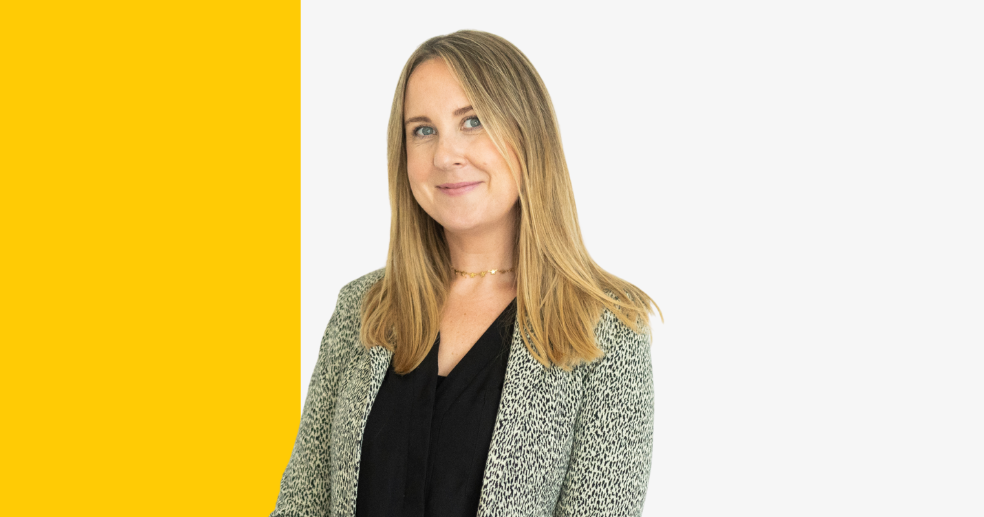If you’re wondering whether it’s better to add to a savings account, or top up the pension for your retirement, take a look at our breakdown of the benefits for both. Although savings or pensions can have the same goal, there are differences in how they work. Before you delve into making a concrete decision, consider a blend to benefit from both.
Pensions
In many cases, a pension is a good option for those saving for retirement. A pension, quite simply, is a long-term saving account with tax-relief, designed to be accessed in later life. Your money is tied away until you retire, so you aren’t tempted to dip into it and leave your future self short of income to live off. You can only access your pension when you retire and not before the age of 55.
If you’re part of a workplace pension scheme, both you and your employer can add to your pension pot throughout your working life. If not, you can open a Self-Invested Personal Pension (SIPP). In both cases, the government will top up your pension in the form of a tax refund. The amount you receive depends on your income tax bracket.
Key benefits
- Tax relief
Tax relief is one of a pension’s biggest benefits. If you’re paying into a workplace pension, your employer will take your pension contributions from your salary before deducting tax. Having a workplace pension is a great benefit, so make the most of it to reap the rewards when you retire. If you’re making payments into a Self-Invested Personal Pension (SIPP) you will pay income tax on your salary before making a pension contribution. If you’re a basic rate tax payer, your pensions provider will claim this back from the government and add it back into your pension pot. Higher rate and additional rate taxpayers will get 40% or 45% tax relief. The first 20% is added to your pension automatically, and you can claim the rest on a self-assessment tax return.
- Employer contributions
Your workplace pension scheme is added to by you, your employer and the government. It’s separate from your state pension and a great way to boost your retirement income.
Your employer will contribute a minimum of 3% of your qualifying earnings. Some employers will pay more than the minimum and others will pay more into your pot if you do – known as matching. If you aren’t sure, speak to your employer and find out if you’re maximising this benefit.
- Compound interest
Einstein famously referred to compound interest as ‘the eighth wonder of the world’. But don’t worry, your pension is earning compound interest even if you aren’t well versed on exactly how it’s calculated.
If you are interested, then in very simple terms, compound interest is interest earned on your initial savings plus interest earned on the interest each year. For example, in year one, money invested into your pension will earn interest (a return). In year two, interest will be earned on money invested plus year one’s return. In year three, interest will be earned on money invested plus year one and year two’s return, and so on. Meaning the sooner, you start your pension the more you’ll get to benefit from compounding interest.
- Your money is invested
Investing money in a pension helps it grow into a larger amount and hopefully beat the rate of inflation. Depending on your type of pension, you might be asked to choose how your money is invested, such as in high or low risk funds, or the spread between funds. A low-risk fund might be less volatile but give a lower return than higher-risk funds.
Drawbacks
- Difficult to access
As a pension is designed to be an income pot when you retire, it isn’t a bad thing that you aren’t able to dip in and out of it before the age of 55. However, if you’re significantly over-paying into your pension, be aware you won’t be able to access those funds if needed before you reach 55, rising to 57 in 2028. It may be worth having a savings account which is accessible before this age in case you do need some extra funds.
- It’s not without risk
As pensions are invested in stocks and shares, they are affected daily by changes in the investment markets. So, the value of your pension can go up and down, meaning your return could be less than you’ve invested. However, if retirement is still a few years away, then investments have time to recover. It’s also important to stress it’s normal for long-term investments to have short-term fluctuations on fund value.
- There are limits
Although pensions are great for their tax relief benefits, there are limits to the amount you can save in your pension plan without paying additional tax. You will usually pay tax if savings in your pension pot go above 100% of your salary in a year, £40,000 a year or £1,073,100 in your lifetime (known as lifetime allowance).
- They can seem complicated
Pensions can often feel like a complicated saving option. Fortunately, there’s lots of information and resources available to help you understand. Speak with your employer, pension provider or visit financial advice sites such as Money Helper.
Savings accounts 
Although there isn’t such a thing as a pension savings account, alternative saving options for retirement are available. Individual Savings Accounts (ISA) are popular for example. The key is to choose the most suitable savings products for you. Research and seeking financial advice if needed is a must.
Key benefits
- Flexibility
The big advantage of saving or investing outside a pension is that you’ll be able to use the money earlier if you want to, whereas pensions can’t be accessed until after the age of 55. A savings account has more flexibility, and you can choose how long the funds will be fixed for. The longer you’re prepared to lock your money away, often the higher the rate of interest you’ll receive. So, once you’ve committed to a fixed rate, you will need to leave your money in the account until it matures, or you could be subject to an early withdrawal charge.
- Easy to open
It can be quick and easy to set up an Easy Access savings account, fixed rate accounts and Cash ISAs. With Hodge, you can apply online safely and securely, and be up and running in no time.
- Tax-free savings
Most people can earn some interest from their savings without having to pay tax on it. However, be aware you’re paying in money to your savings account after tax. You can find out more about the allowances for earning interest before you pay tax on it on the Government’s website. ISAs are popular savings options as the annual tax-free ISA allowance is £20,000 for the 2022/23 tax year. You can split this across multiple ISAs if you choose. A Lifetime ISAs (LISA) only allows a maximum of £4,000 in a tax year but the draw is you’ll be paid a bonus of 25% from the government. For Example, if you put £1,000 in your Lifetime ISA the government will add an extra £250. The maximum bonus in a tax year is 1,000. You can continue paying into a Lifetime ISA until you’re 50 but can’t access the funds without a 25% penalty until you buy your first home, turn 60 or are diagnosed with a terminal illness and have less than 12 months to live.
- You know how much you’ll earn
With fixed rate bonds and fixed rate cash ISAs, you’ll always know where you stand. You can be confident your savings are growing and know precisely how much interest your money is earning and the total sum you’ll get at the end of the fixed term. Choose a provider, like Hodge, with FSCS protection, which means your money will be protected up to £85,000 by the Financial Services Compensation Scheme.
Drawbacks
- Inflation erosion
When inflation is high, as it is today, the money in any savings or pension needs to outrace inflation or the value of your savings will be eroded by inflation over time and worth less. So It’s vital to shop around for the best possible interest rate on your savings.
- No tax-relief
Savings accounts don’t offer the same generous tax breaks you can get from a pension. Although there’s no tax relief, ISAs still have several tax benefits. Your money is sheltered from Income Tax, Capital Gains Tax and UK dividends are tax-free.
In summary…
So, savings or pension? A pension will always perform better than a savings account due to the tax relief you will receive. So it really boils down to accessibility. Consider a blend between the two as the right fit for you.
Having an easy access savings account, or a longer-term fixed rate ISA or fixed rate bond savings account is a great way to work towards your financial goals. If you’re looking to open a savings account, you can find Hodge online rates for fixed rate bonds, Easy Access and Cash ISAs here.
For individual pensions advice, speak with a professional financial advisor. Visit unbiased.co.uk. for a list of regulated advisers. There’s usually a charge for getting advice.
This article is correct at time of publishing and for general information purposes only. We recommend you speak to a professional financial adviser for advice. You can find a financial adviser and further personal finance information at unbiased.co.uk.


